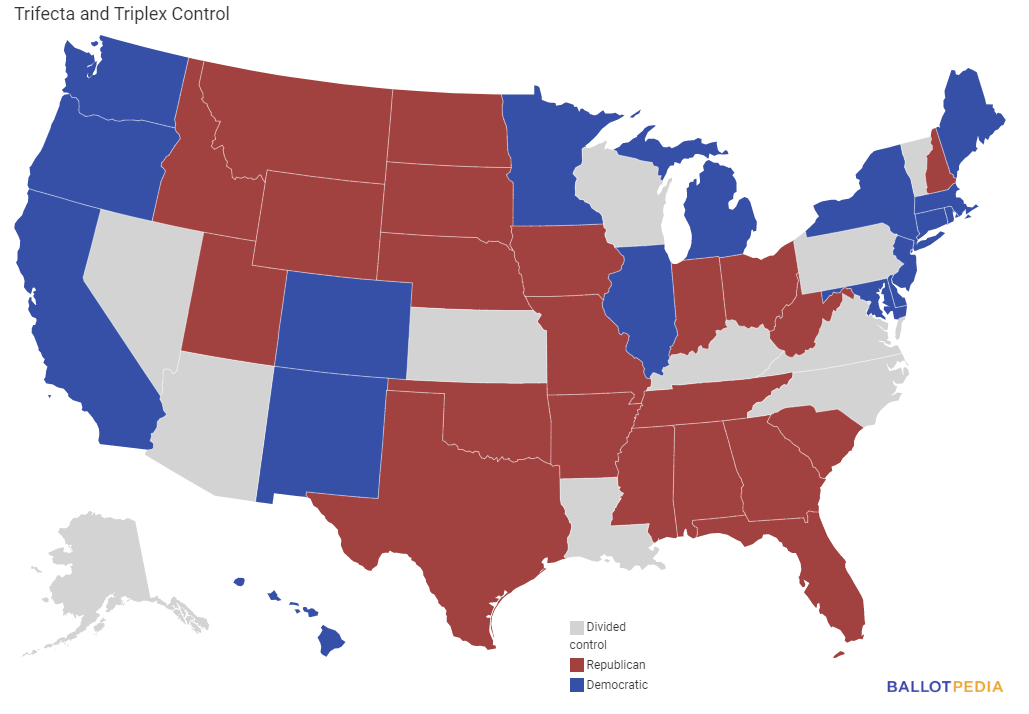Each week, we bring you a collection of the most viewed stories from The Daily Brew, condensed. Here are the top stories from the week of February 13-February 17.
Third-party and independent candidates received the lowest share of the national U.S. House vote in two decades
Independent and third-party candidates received 2% of the national vote share in U.S. House elections last year, down from 2.5% in 2020, and their lowest share of the U.S. House vote since 2000.
After declining to 4.2% in 2004, independent and third-party candidates' share of all votes for U.S. House remained relatively stable for the next 12 years, ranging from 3.8% to 4.7%. After this period of relative stability, the independent and third-party vote share declined in 2018, falling to 2.8% from 4.4.% in 2016. It declined further to 2.5% in 2020, and to 2% in 2022.
Fifty-six minor party candidates received more votes than the margins of victory between the winning candidates last year
In the more than 40,000 elections we covered last year, at least 56 minor party or independent candidates received more votes than the margins of victory between the winning candidates in their elections, potentially altering the outcome.
Those 56 candidates include:
- Five in congressional elections;
- 18 in statewide elections;
- 26 in state legislative elections; and,
- Seven in municipal elections
There were 77 such candidates in 2020.
State government trifectas at the Super Bowl
Super Bowl LVII offered us a rare matchup between a team in a state with a Republican trifecta—the Kansas City Chiefs from Missouri—against a team from a state with a divided government—the Philadelphia Eagles in Pennsylvania.
Such a matchup had only happened four times since the first Super Bowl in 1967. Teams from states with divided governments won three of those contests, while Republican trifecta teams had only won one: Super Bowl II in 1968.
There are currently 14 teams in states with Democratic trifectas, 11 in states with Republican trifectas, and seven in states with divided governments.



